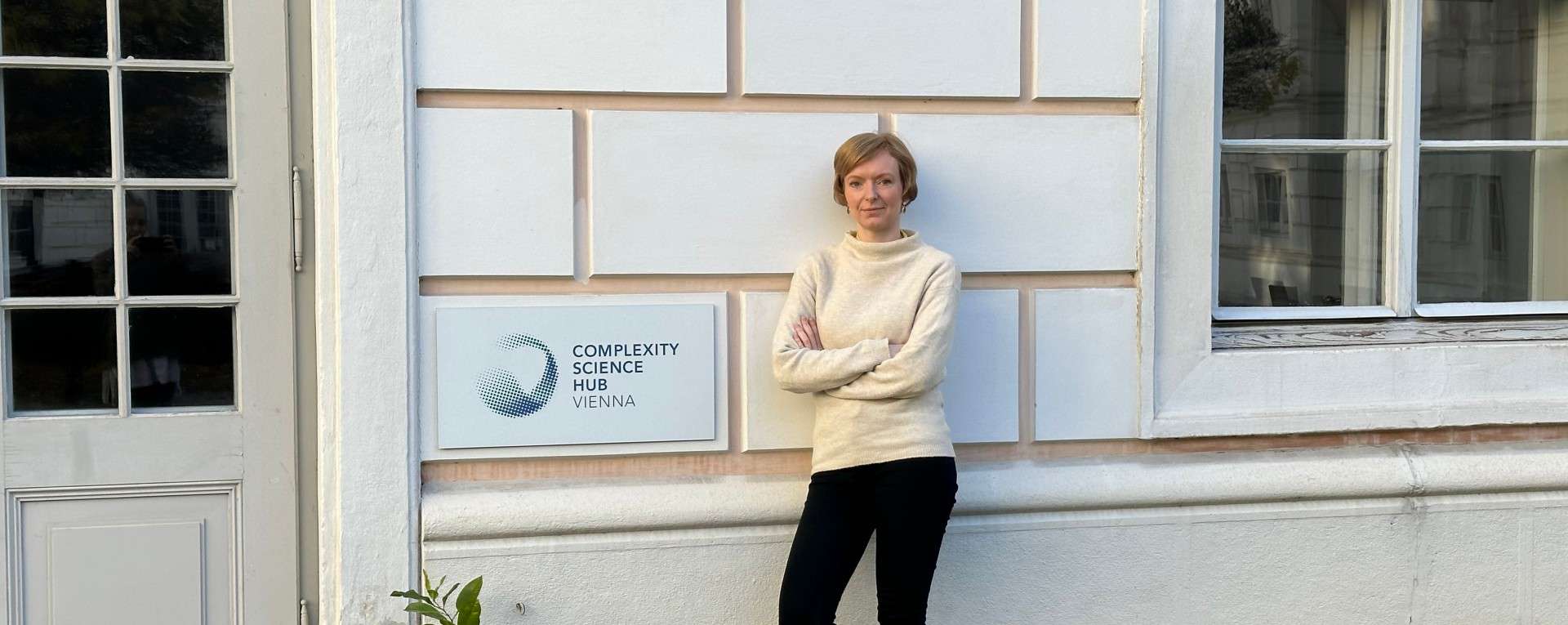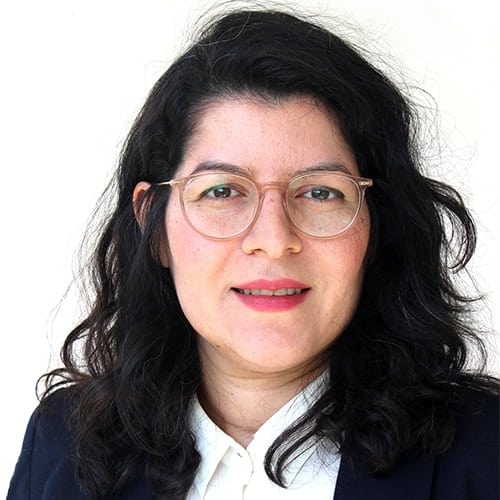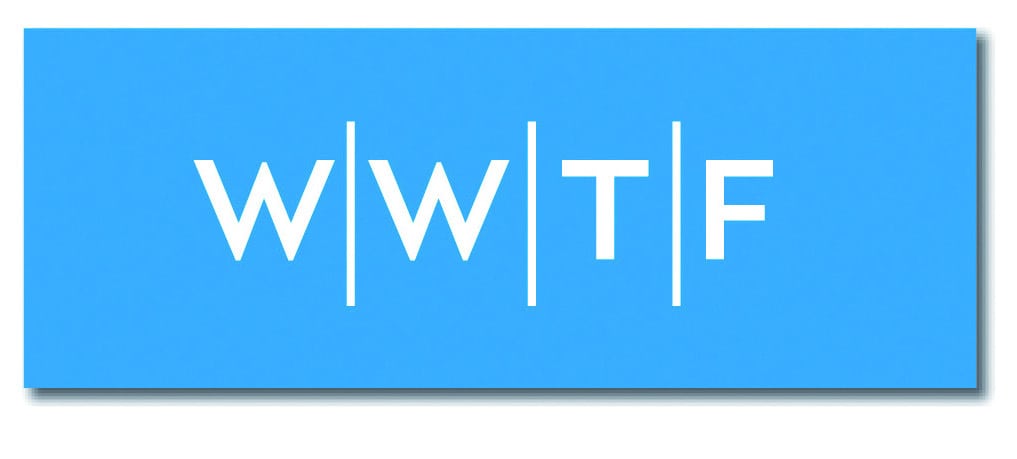An enthusiastic researcher, a senior scientist at Zalando, and an “algorithmic justice consultant”. Meike Zehlike can wear multiple hats and apply her multidisciplinary skills to academia and industry. During her four-month visit to the Complexity Science Hub Vienna (CSH), Zehlike will be working with Fariba Karimi and her team to investigate ethical values and their possible effects on network structures.
WHAT ARE YOUR PLANS DURING YOUR STAY AT CSH?
The plan is to combine my knowledge of ethical artificial intelligence (AI) and algorithmic fairness with CSH’s knowledge of network inequality and try to come up with an understanding of what it needs for networks to have certain definitions of fairness. At the moment, we’re analyzing different effects in network structures and seeing whether we can associate these different effects with different ethical values. At first, we’ll do the analysis, and later we want to run experiments.
YOU’VE GOT A FOOT IN ACADEMIA AND A FOOT IN THE PRIVATE SECTOR.
SCIENTISTS STILL RARELY DO THIS. HOW DID THIS HAPPEN?
This is the first time in my life – and I have never thought I would ever say that about a job – that I am in love with working with ethical reasoning in AI. I love it with all my heart! Because I believed there would be no other jobs for me [outside of universities or research institutes], I believed I had to be in academia to work in this field.
Then, after I finished my PhD, a job at [the German online fashion giant] Zalando opened up. This is a research position in algorithmic fairness, and an entire team is dedicated to it. At first, I wasn’t sure. However, I became more and more fond of it during the interview process. It turns out to be a really nice job. It’s a different way of working [compared to academia], and the field of ethical AI is younger in industry than it is in academia, and there are still a lot of unanswered questions.
FROM YOUR PRIVATE SECTOR EXPERIENCE, WHAT LESSONS HAVE YOU LEARNED?
I learned that if you want more women in academia, you need to change the structure. The way academia works is extremely discriminating against women for different reasons. One of the reasons is what Fariba has showed [in her recent study].
And that is something that the private sector is actually doing better. My experience is that big tech companies, as compared to the “old industries”, are much better at understanding how to have a more diverse workforce. Talent dropout is a crucial point [for academia]: focusing only on 50 percent of the population will result in a large amount of talent being lost to industry.
In addition, I was surprised to observe – at least at Zalando – the high level of happiness in comparison with academia, where publish or perish is the dogma. It goes without saying that [in industry] you have to deliver and receive performance evaluations. Also, industry seems to be more flexible regarding career paths and supports industry-academia exchange.
COULD THIS BE A NEW MODEL FOR INNOVATION (THE EXCHANGE BETWEEN
ACADEMIA AND THE PRIVATE, PUBLIC AND NON-GOVERNMENTAL SECTORS)?
Totally.
Journalists, NGOs, academics have asked lots of questions about ethical AI, and it has taken a while for the industry to say “Okay, we need to address this problem.” This is a very positive development.
I won’t be able to apply what I’ll learn at CSH to Zalando now since Zalando is not a social network. However, it might be a potential feature for them in the future. Industry can benefit from understanding the current debate in academia and the questions being addressed. Additionally, I believe that researchers who work in industry also enjoy some academic freedom, since they don’t worry about publishing their work.
COULD INDUSTRY OFFER ACADEMIC FREEDOM AS WELL?
Yes, in the sense that you don’t need to worry about your job. However, you do not have academic freedom in the sense of choosing whatever topic you want to work on. Business needs will still exist. You’ll likely be very business-driven depending on your type of company.
In this field, which is so young, it’s crucial that researchers can move between academia and industry. Furthermore, interdisciplinary research is the future: more and more we want to solve real world problems collaboratively. We see this in ethical AI: if you come up with efficiency optimizing algorithms and put them out there to society without consulting social scientists, something terrible may result. This is something we don’t want.
This approach to interdisciplinarity should be embraced more in a variety of ways, including from the perspective of industry and academia.
YOU DESCRIBE YOURSELF AS AN “ALGORITHMIC JUSTICE CONSULTANT.”
WHAT DOES IT MEAN?
As a consultant, I provide ethical guidance on algorithms. One example is my work with IG Metal [the metalworkers’ union in Germany, which is the largest industrial union in Europe]. It’s mostly about raising awareness with works councils, and educating them about what’s happening in ethical AI, and what the problems are with AI systems, particularly when it comes to people analytics.
People analytics are being pushed more and more in companies, with the goal of improving (and reducing discrimination, for example) and becoming more efficient (in hiring process). Many of the tools being proposed at the moment make very questionable assumptions about what a good candidate should look like. To educate works councils about that situation, I show examples of what doesn’t work well and why.


